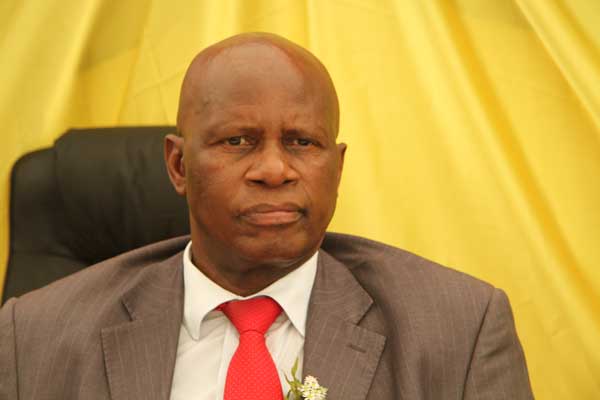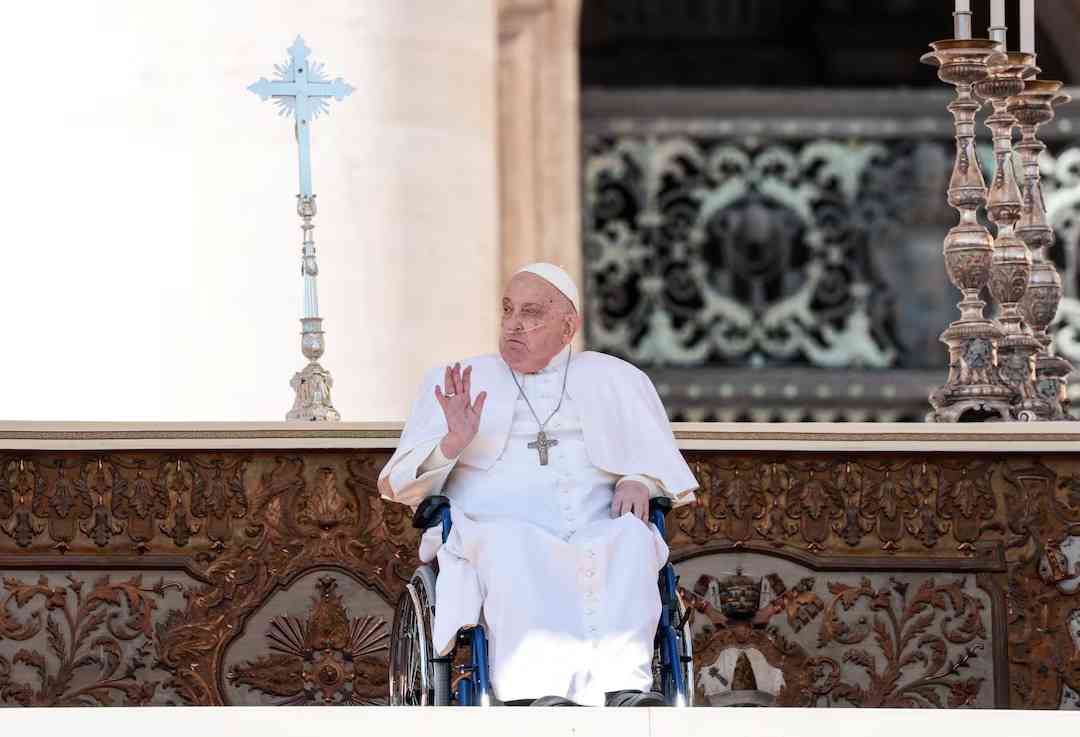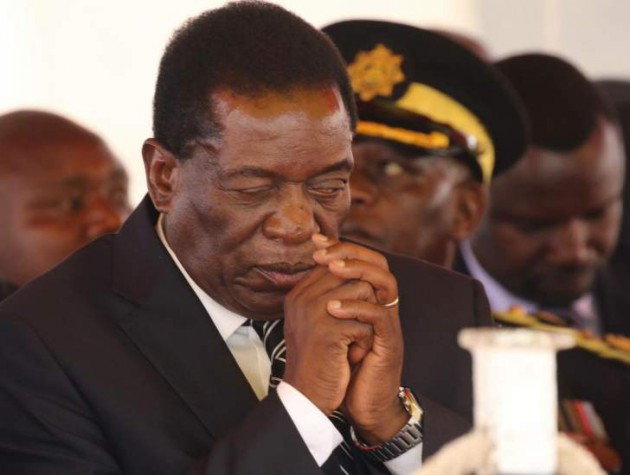
Patrick Chinamasa last week joined a list of Finance ministers who have over the years been punished by President Robert Mugabe for preaching reforms.
BY NDAMU SANDU
Chinamasa’s second stint as Finance minister ended last week when he was shunted to the new Cyber Security, Threat Detection and Mitigation portfolio.
The move became apparent when Mugabe reversed Chinamasa’s proposals last year to cut civil servants’ salaries.
In his mid-term fiscal policy review, Chinamasa had proposed a raft of reforms that included cutting 25 000 government jobs, slashing salaries for senior civil servants and suspending bonuses for at least two years.
In a statement a few days later, then government spokesperson Christopher Mushohwe said Cabinet had thrown out Chinamasa’s proposals because it had not been consulted.
During his tenure, Chinamasa was instrumental in the re-engagement exercise that culminated in Zimbabwe’s creditors agreeing to an arrears clearance plan in Peru in 2015 where the country promised to clear the combined $1,8 billion arrears to the African Development Bank, International Monetary Fund and the World Bank by April last year.
Zimbabwe has, however, managed to pay only the IMF due to cash constraints.
- Chamisa under fire over US$120K donation
- Mavhunga puts DeMbare into Chibuku quarterfinals
- Pension funds bet on Cabora Bassa oilfields
- Councils defy govt fire tender directive
Keep Reading
Chinamasa also negotiated for an IMF-supervised economic reform plan — the Staff Monitored Programme where Zimbabwe managed to meet some of the set targets.
Mugabe has a history of belittling and publicly embarrassing Treasury heads that differ with his thinking. Simba Makoni was dropped as Finance minister in 2002 and labelled a saboteur after calling for the devaluation of the Zimbabwean dollar.
In 2006, former Finance minister Herbert Murerwa touched a raw nerve when he called for an end to the central bank’s quasi fiscal activities, which were being blamed for hyperinflation. Mugabe said he detested “useless bookish economics” in his government.
“They have this word they like using, ‘quasi, quasi, quasi’. But I tell them that this is the expenditure that we need. We are under sanctions and there is no room for the type of bookish economics we have at the ministry of Finance,” he said.
Murerwa was swept away by a mini reshuffle, which saw educationist Samuel Mumbengegwi being mandated to oversee the national purse.
Economist Moses Chundu said Zanu PF was already in election mood and whether a Cabinet was good or not, in their eyes all “depends on how the state is going to help the ruling party retain power and not about the economy”.
“This is the reason why loyalty and not competence have been key factors in the choice of candidates for strategic portfolios that are key to the electoral process both from a process perspective and it’s financing,” he said.
“I would say from now on until after the elections, we’re pretty much on our own. It’s a power retention game and not an economic battle.
“What the markets fear are the ramifications of the populist policies that will follow for the next 12 months and that includes the financing of the command programmes given the current unsustainable levels of public debt.
“What is even more dangerous to the economy is the contagion effect of the move which has sent signals to other portfolio holders that it is loyalty and not performance that will be rewarded.”









